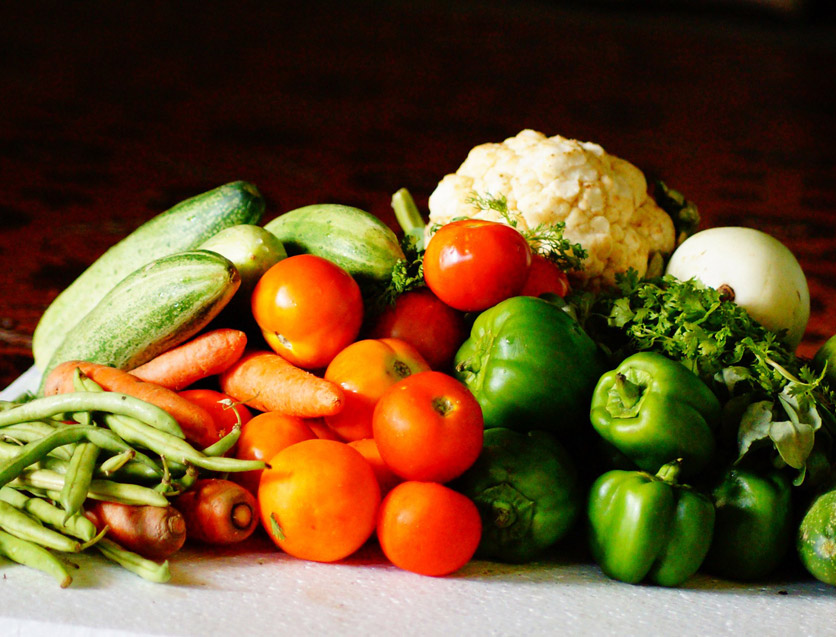New information from the USDA's Agricultural Research Service suggests eating the recommended daily amount of vegetables has a positive correlation with an adult's mental health.
Scientists at the Grand Forks Human Nutrition Center in North Dakota completed an eight-week study on adults aged 18-65. One group increased their daily vegetable consumption to meet recommendations in the Dietary Guidelines for Americans; a control group received the same attention from scientists without making a dietary change.
All participants completed a subjective happiness scale questionnaire before and after the eight-week trial period. An individual’s personal happiness perception is considered to be a key measurement of psychological well-being.
Researchers observed increased subjective happiness scale scores from participants that met DGA standards of minimally processed vegetables, including dark green, red, orange and starchy vegetables, based on their energy needs. Participants from the control group saw no change.
It’s easy to sign up for a FREE month of Agri-Pulse news! For the latest on what’s happening in Washington, D.C. and around the country in agriculture, just click here.
The eight-week study is part of a larger parent study attempting to draw connections between the motivation of overweight and obese individuals to consume vegetables.
Although vegetables were not found to become more reinforcing when consumed in greater amounts each day like less healthy foods, scientists are optimistic about the opportunity to focus on psychological well-being to motivate people to increase vegetable consumption.
For more news, go to www.Agri-Pulse.com.



